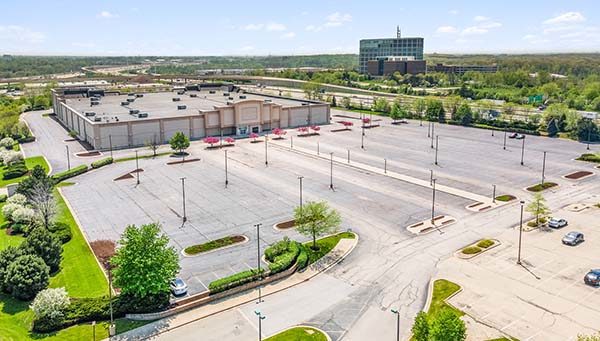Vacant stores get second life as “neighborhood DCs”
Private equity firm unveils plan to convert retail buildings into local fulfillment centers.

E-commerce shoppers love next-day and same-day delivery, but to provide that kind of service, retailers need fulfillment centers located close to customers’ homes. No matter how efficient a DC may be, it’s hard to guarantee same-day delivery if truck drivers are constantly getting stuck in traffic. Trouble is, because of robust competition in the industrial market, local fulfillment space is tough to find right now.
One private equity firm sees a business opportunity in that dilemma. The Florida-based investment company Sterling Organization said in August it had raised $225 million in funding for investments in logistics real estate. Specifically, the firm “seeks to opportunistically acquire primarily vacant, freestanding retail buildings with the intent to convert them into ‘Neighborhood Fulfillment Centers.’”
After buying the empty stores, Sterling hopes to lease those properties to third-party logistics service providers, e-commerce retailers, traditional retailers, and direct-to-consumer manufacturers, the company said. By offering sites close to shoppers, the firm says it will help its tenants address the cost and time constraints of last-mile delivery.
“We all witnessed [how] shipping and fulfillment became the major battleground for retailers looking to earn, service, and retain customers during the height of the pandemic,” Joe Dykstra, president of Sterling Logistics Properties, said in a release. “What became crystal clear was that all retailers need to focus not only on how quickly a customer can get to a physical store, but how quickly the desired product can get to the customer’s home in an economical manner. As customers demand same-day deliveries—and perhaps within an hour or on demand—all retailers, traditional and digitally native, will have no choice but to lever Neighborhood Fulfillment Centers to compete successfully.”Related Articles
Copyright ©2024. All Rights ReservedDesign, CMS, Hosting & Web Development :: ePublishing